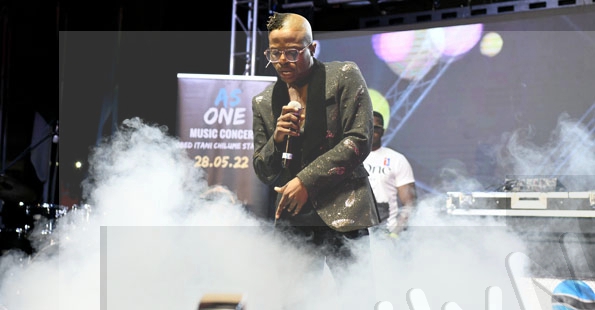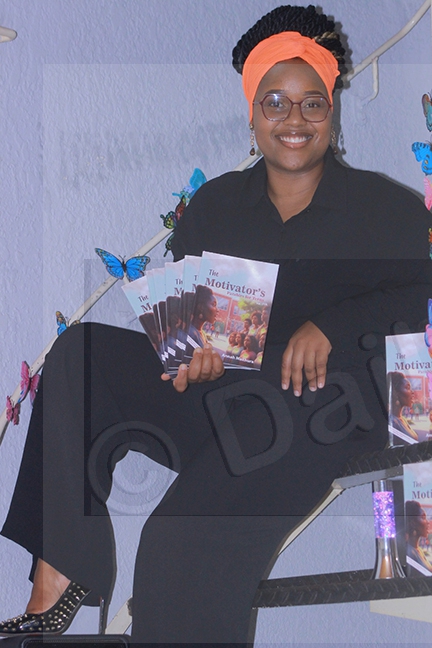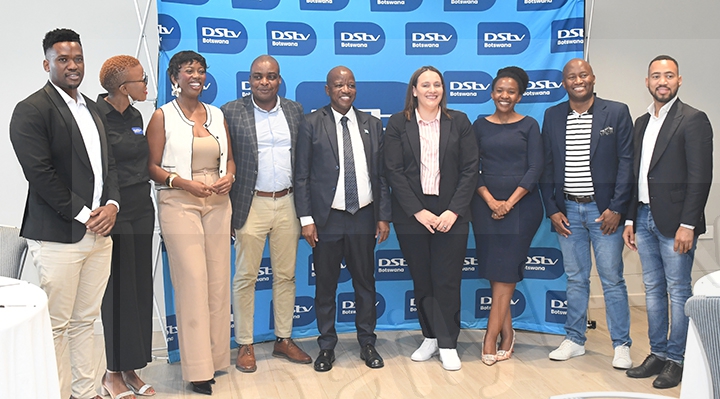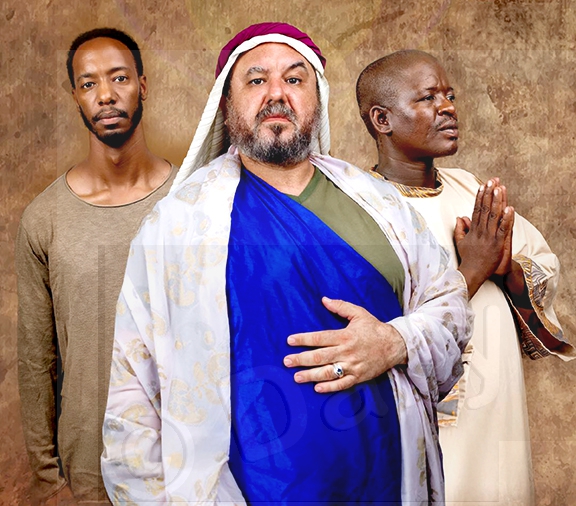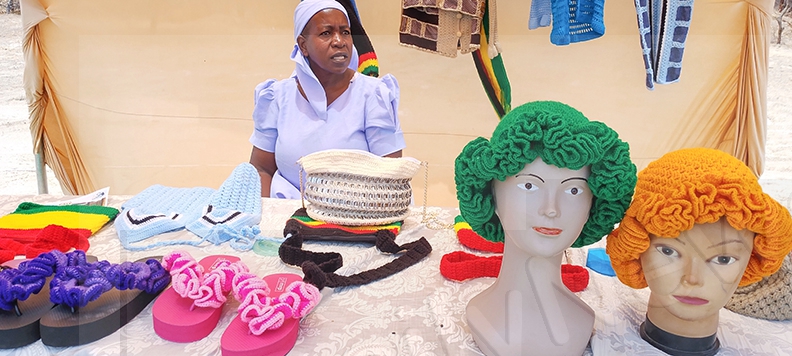Youth makes living out of Herero culture
18 Jan 2017
The saying that a business opportunity can crop up from anything is a leaving story for a Maun -based entrepreneur, Kohokee Tjozongoro who has promoted and transformed her culture of wearing headscarves to a business entity.Tjozongoro crafts and sells Herero/Mbanderu headscarves’ called ‘Okati’ and headscarves called ‘otjikaiva’ among the Herero ethnic group.
Speaking in interview with BOPA, 34 years old Tjozongoro explained that she is making Herero headscarves for all who want to wear the Herero attire and do not know how to make them, as they are not simple to make.
Tjozongoro said she started her business in 2014 after realising that most of the Herero and Mbanderu youth are now showing interest in their cultural attire especially during cultural ceremonies such as weddings, funerals but the main problem being that they are unable to make the headscarves.
There is also a wide liking for Herero/Mbanderu attire nowadays from non-Herero/Mbanderu.
“I love my culture because it is unique and diverse the thing which inspired me to learn more about it from my parents, that’s why I can say I am perfect in making Herero headscarves,” she said.
Tjozongoro said he liked playing with dolls at young age, making Herero headscarves for them the thing she thinks led to the love she has for the Herero attire, adding that she also teaches those who are interested in learning how to make the headscarf.
She said the Herero attire can be worn by anyone nowadays unlike in olden days when permission was sought from parents for single ladies to wear it .
Tjozongoro explained that she only takes 10 minutes to make one headscarf saying she can make up to 50 per day depending on the type of the material used.
She crafts Herero headscarf supporters from used newspapers and she does not tear the papers as she just fold them as they are and uses sellotape to bind them.
Tjozongoro says using newspapers has a two way advantage, firstly making her business strive and secondly cleaning the village. She is aware that Maun is a tourism hub which needs to be clean .
She makes up to 50 or more headscarf supporters per day and sells them for P10 each.
She plans to register her business so that she seeks help from government initiatives such as Youth Development Fund and Gender Affairs.ENDS
Source : BOPA
Author : Uzeuavi Mbaeva
Location : Maun
Event : Interview
Date : 18 Jan 2017



